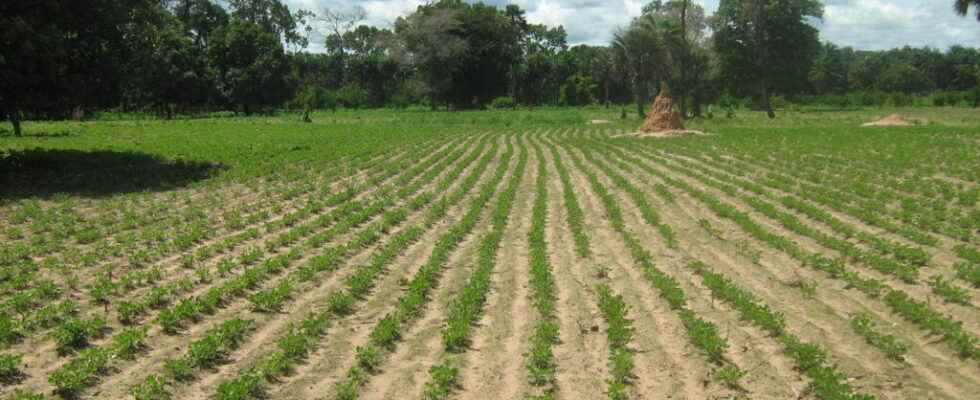The law on biosafety, voted on June 3, 2022 without debate in the outgoing National Assembly, opened the door to genetically modified organisms (GMOs). Organizations are mobilizing when the text has not yet been promulgated and the National Assembly has been renewed
With our correspondent in Dakar, Thea Olivier
Amid the cassava and eggplant in his garden, Ibrahima Seck, coordinator of the National Federation for Organic Agriculture, is worried about the new law which opens the door to GMOs. “ We cannot know the consequences of the entry of GMOs on human health, on animal health, on biodiversity. There are risks of losing our peasant seeds. We will see the standardization of seeds, but also of food. »
Civil society actors also fear that farmers will become dependent on international multinationals, producers of non-reproducible GMO seeds. Opposite, the authorities assure that these seeds resistant to drought or soil salinity could meet climatic challenges.
Activists ready to continue the fight if the law is enacted
But Amadou Kanouté, director of the Cicodev institute on development in Africa, regrets that producers were not included in the drafting of the law. ” Today, the battle is at the level of the head of state. This law should not be enacted. If ever the Head of State closes the window of opportunity for us, we will engage in another round where it will be a question of returning to the National Assembly more balanced than the one we had before. In the new Chamber, President Macky Sall no longer has such a comfortable majority.
The Ministry of the Environment and the national biosafety authority, which drafted the law, did not respond to our requests.
►Also read: It’s not windy – GMOs in Argentina: the ravages of a silent war
